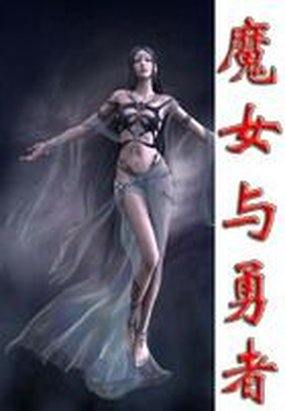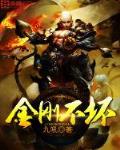一句一译的安徒生童话 第4章 卖火柴的小女孩 The Little Match-Seller (第2/5页)
光玩不行提示您:看后求收藏(350中文350zw.com),接着再看更方便。
无论我们将她的苦难解读为 “伪装成虔诚的折磨”(就像 P.L. 特拉弗斯所做的那样),还是认为她的悲惨境遇是升入更高境界的先决条件,这个故事仍然是童年最令人难忘的故事之一,并且萦绕在我们的文化想象之中。
Whether we read her sufferings as “tortures, disguised as pieties” (as did P.L.Travers) or consider her wretchedness as the precondition for translation into a higher sphere, the story remains one of the most memorable stories of childhood and haunts our cultural imagination.
许多人会认同,一本优秀儿童读物的一个必要条件是主人公的胜利。
Many will agree that the one requirement for a good children’s book is the triumph of the protagonist.
在过去的一个世纪里,《卖火柴的小女孩》中的死亡场景被多次改编和重写,最著名的是 1944 年的一个美国版本,它在护封上宣称:
The death scene in “The Little Match Girl” has been adapted and rewritten many times over the last century, most notably in an American edition of 1944 that proclaimed on its dust jacket:
“孩子们会满怀欣喜地阅读这个著名的汉斯・克里斯蒂安・安徒生故事的新版本。
“Children will read with delight this new version of the famous Hans Christian Andersen tale.
因为在这个版本中,那个很久以前的平安夜的卖火柴的小女孩没有死于严寒,而是找到了温暖、欢乐和一个可爱的家,从此过上了幸福的生活。”
For in it, the little match girl on that long ago Christmas Eve does not perish from the bitter cold, but finds warmth and cheer and a lovely home where she lives happily ever after.”
安徒生在社会动荡和政治剧变的十年间创作了这个故事,毫无疑问,他会对这个原本旨在有力批判经济不平等的故事出现的社会救赎性转变感到痛心。
Andersen wrote this story during a decade of social unrest and political upheaval, and would no doubt have been distressed by the socially redemptive turn in a story that was intended as a powerful critique of economic inequities.
一本近期的自助书籍讲述了一位女性的经历,她童年最喜欢的故事是《卖火柴的小女孩》:
A recent self - help book reports the experience of a woman whose favorite childhood story was “The Little Match Girl”:
“当我们问起她这件事时,她解释说,当卖火柴的小女孩点燃一根火柴时,那微小的火焰在她眼中变成了熊熊燃烧的圣诞炉火,周围有礼物、朋友和食物。
“When we asked her about it, she explained that, when the little match girl lit a match, the tiny flame became for her a roaring Christmas fire with gifts, friends and food around.
这也是她最深切的愿望。”
This was also her deepest desire”.
---
旧年的最后一个夜晚,天气非常寒冷,天几乎黑了,雪下得很大。
It was terribly cold and nearly dark on the last evening of the old year, and the snow was falling fast.
在寒冷和黑暗中,一个可怜的小女孩,光着头赤着脚在街上徘徊。
In the cold and the darkness, a poor little girl, with bare head and naked feet, roamed through the streets.
她离开家的时候确实穿着一双拖鞋,但它们没什么用。
It is true she had on a pair of slippers when she left home, but they were not of much use.
拖鞋很大,非常大,实际上,那是她妈妈穿过的,这个可怜的小家伙在跑过马路去躲避两辆疾驰的马车时把拖鞋弄丢了。
They were very large, so large, indeed, that they had belonged to her mother, and the poor little creature had lost them in running across the street to avoid two carriages that were rolling along at a terrible rate.
她找不到其中一只拖鞋了,一个男孩捡起另一只就跑了,还说等他自己有了孩子,可以把这只拖鞋当摇篮用。
One of the slippers she could not find, and a boy seized upon the other and ran away with it, saying that he could use it as a cradle, when he had children of his own.




